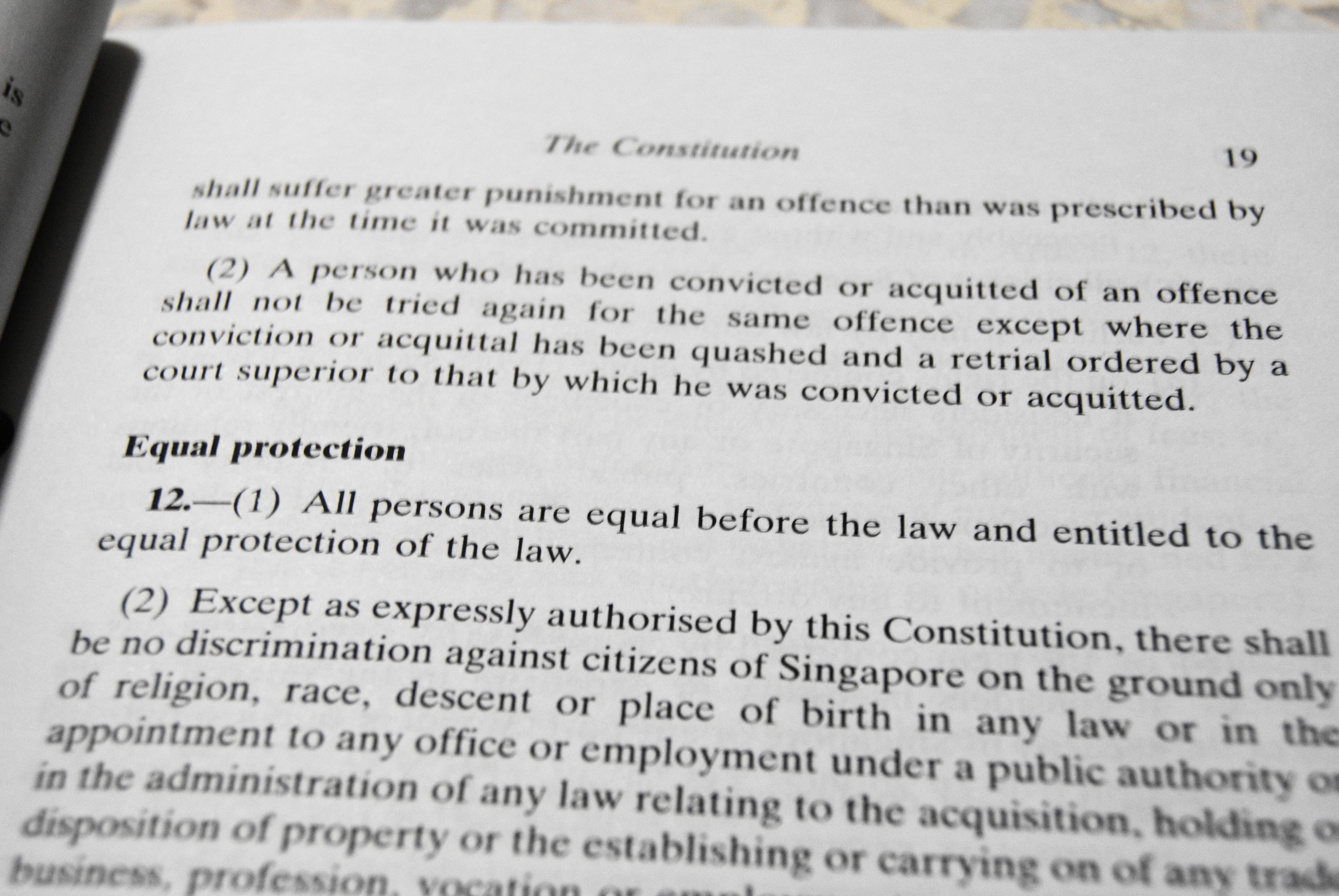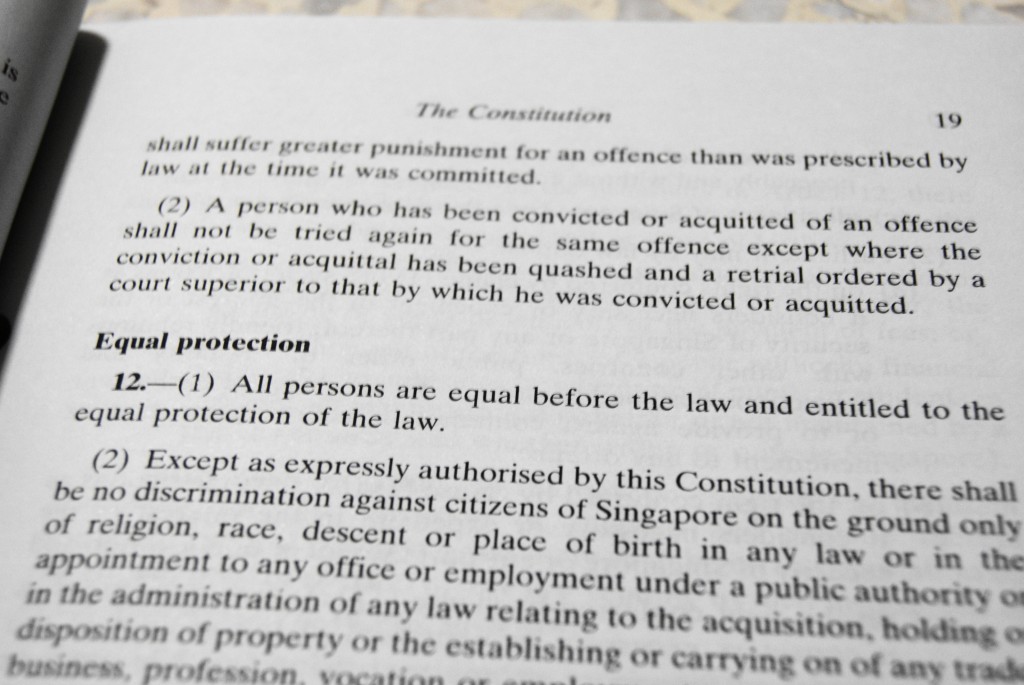In this blogpost, Haridya Iyengar, Student, Jindal Global Law School, Haryana writes about the extent of extraterritorial operations of law made by the Indian parliament.
The applicability of any law, which is enacted by Indian parliament, outside the territorial limits of India should be subject to the following constraints and limitations-
1) Doctrine of Territorial Nexus
When analysing Article 245, it is imperative to look at the doctrine of territorial nexus. This doctrine states that only those laws, which have a direct connection with India or have the potential to affect and impact the interest of India and her citizens can have a valid and legally justified extraterritorial applicability.
In Governor- General Vs Raleigh Investment[1] the court held that territorial connection involves consideration of two elements – First, the connection must be real and not illusory. Second, the liability sought to be imposed must be pertinent to that connection.
2) Benefit or Welfare of Indian Citizens
“The purpose is to continuously, and forever be acting in the interest of the people of India. It is a primordial condition and limitation. Whatever else may be the merits or demerits of the Hobbesian notion of absolute sovereignty, even the Leviathan, has to realize that the legitimacy of his or her powers, and its actual continuance, is premised on such powers only being used for the welfare of the people.”[2]
In this case the court put forward the view that since all the powers that rest with the parliament derive their legitimacy from the people of India, the welfare and wellbeing of the Indian population should be their primary concern while making laws and all the laws should be made with sole objective of forwarding the interest and rights of the Indian citizens.
Therefore, even if a law can be applied outside the geographical and political limits of the republic of India, such a law should not prove to be, in any way detrimental to the interest of all those “who constitute India”.
3) Limitation by Article 51 and Article 260 of the Constitution
The scope of Article 245 finds limitation from within the constitution itself in the form of Article 51, which I part of the directive principle of state policy. Article 51 of the constitution makes it very clear that the promotion and promulgation of international peace and security is an extremely important duty of all those who are supposed to govern the country.
In G.V.K Industries vs Income tax officer the Supreme Court puts forward the view that the violation of certain International law principles such as “territorial sovereignty” which are so intensely protected by various international laws and treaties, would be violated if the Indian parliament is deemed to have the power to make laws with extra-territorial application, despite having no nexus or relation with India. Such a violation can prove to be very detrimental to the objective of cultivating harmonious international relations and to be responsible members of the international community. The court also states that India with its legacy of the struggle for independence from the British colonial rule has a moral obligation to uphold and respect the sovereignty of all free nations. The court further gives the example of the Berubari Union and Exchange of Enclave[3] case to illustrate that even when some new territory has been acquired by the lawful exercise of authority by the Indian Union, the Indian judiciary has always ensured principles of international law have been followed while dealing with such territories.
Article 260 further supports this holding by stating that, the government of India may only exercise legislative, executive or judicial functions with respect to certain specified foreign territories. The governments of these territories need to enter into an agreement with the government of India and ask it to perform the duties.
Conclusion
In Conclusion, the parliament must be restricted from making laws on extraterritorial aspects or causes when, such laws have no nexus to India. When nexus is established it must be real and not illusory. If such a connection is established the courts must enforce the law.
[1] AIR 1944 FC 51: 1944 FCR 229
[2] G.V.K Industries vs Income tax officer (2011) 4 SCC 36.
[3] Re: Berubari Union and Exchange of Enclaves AIR 1960 SC 845
 Serato DJ Crack 2025Serato DJ PRO Crack
Serato DJ Crack 2025Serato DJ PRO Crack










 Allow notifications
Allow notifications


